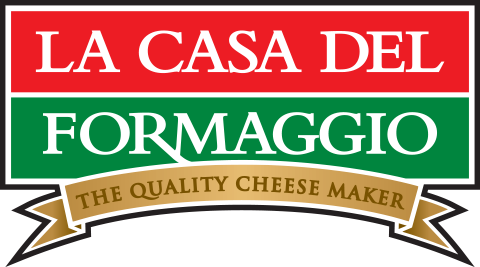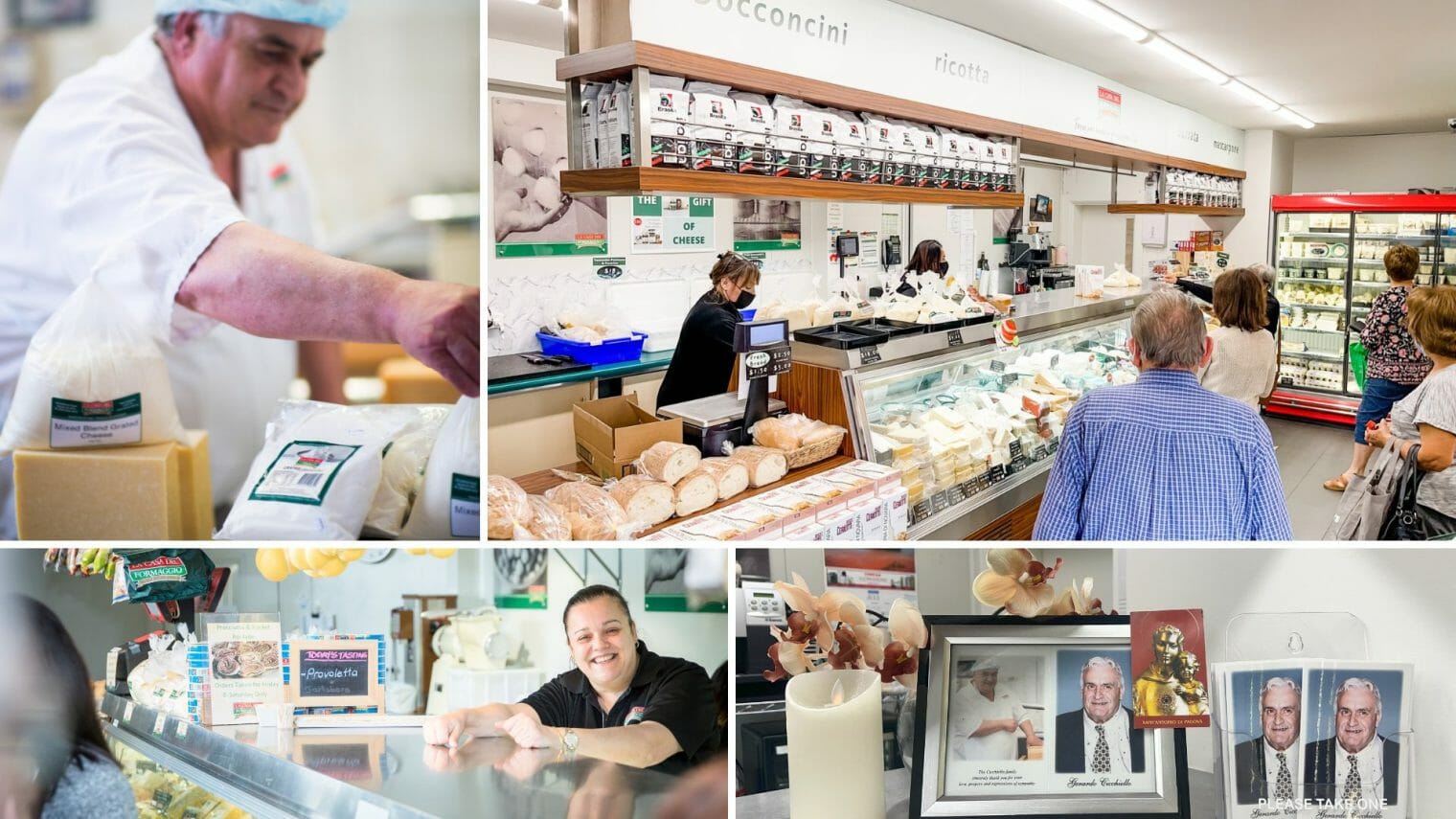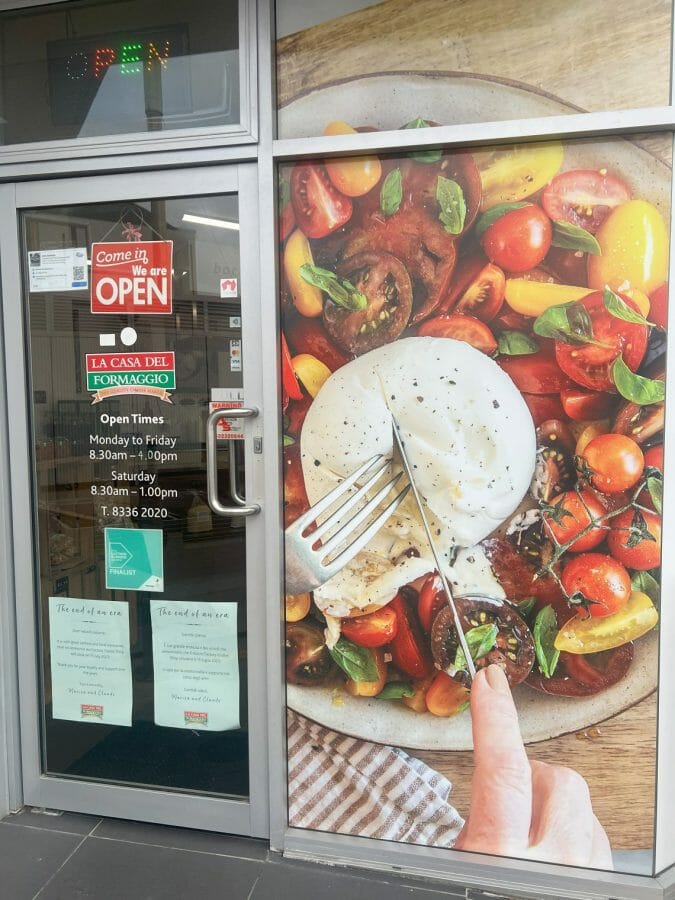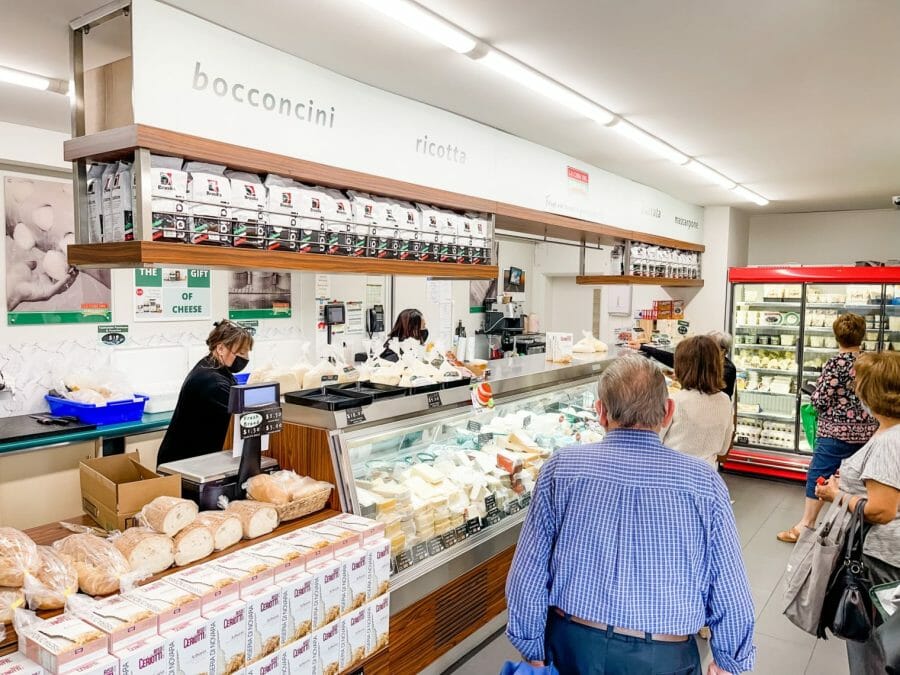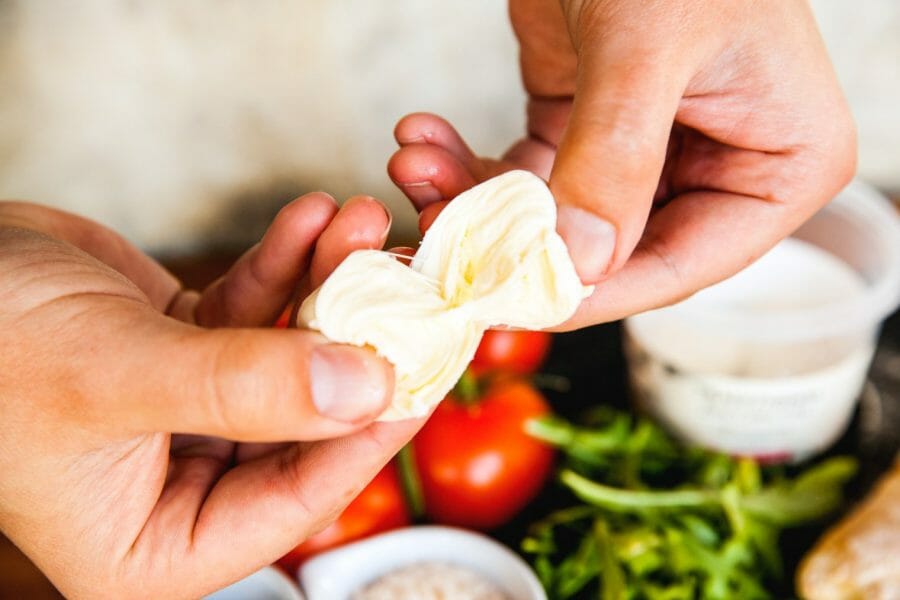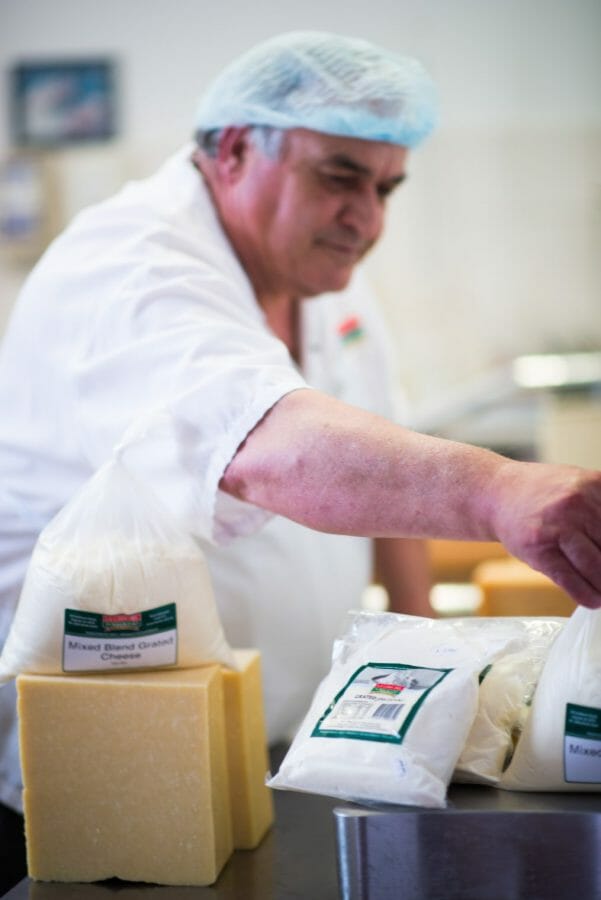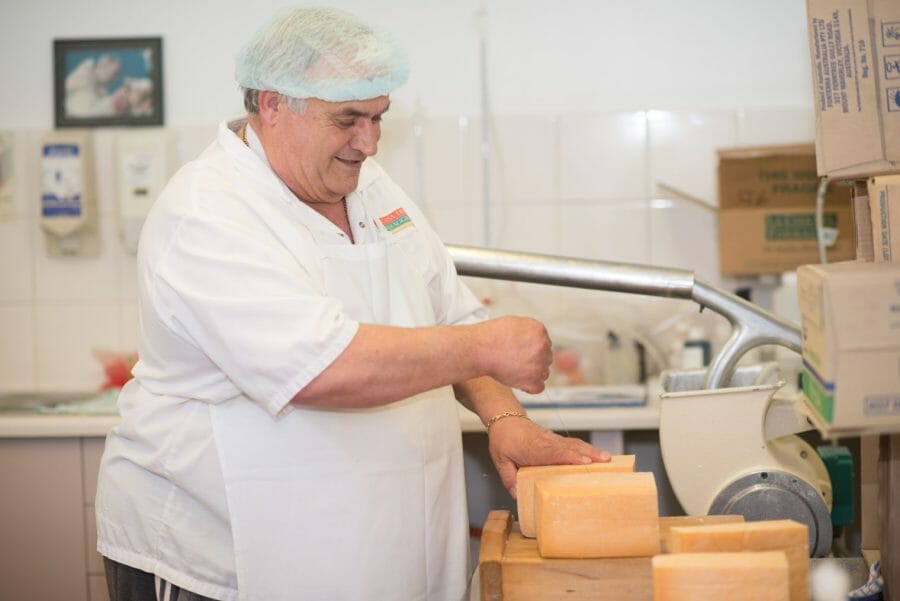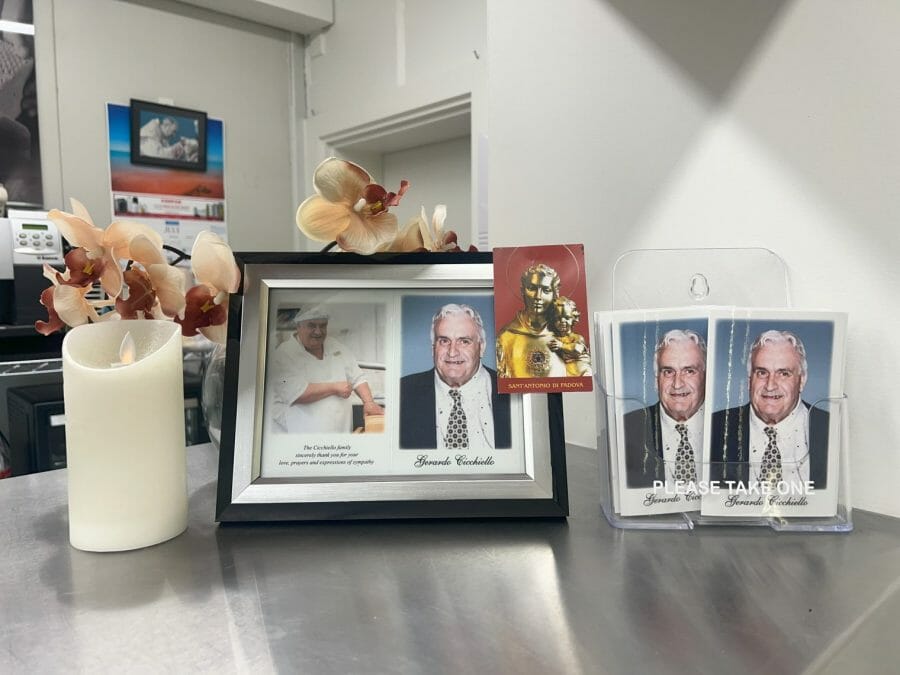Customers come and go throughout the day like the changing tide; however, the warmth never leaves as stories of daughters and sons are shared, accompanying the purchase of ricotta. The man can be seen changing like the weather as he interacts with pleasant and unpleasant customers asking for champagne when they can only afford beer. Above him stands a miniature statue of his favourite saints, Sant’Antonio and Padre Pio. The only saints he holds any respect towards, that same respect that not even God is granted.
The man’s white hair is captured in a blue hair net – the same ones the factory people wear – and an apron unsuccessfully protects his black work shirt. His hands, covered in sunspots and occasional scratches, sit interlaced on his stomach as he waits for the clock to strike at 11 am. Once it does, the bells ring again, and a little girl and boy with their father enter the shop. The girl is dressed in netball gear, and the boy is submerged in layers to keep him warm during the winter. Their laughter is contagious, and a discrete smile shifts onto his face as he verbally embraces his grandchildren. He passes them each a bocconcini watching them as his son-in-law greets his wife. The shop has quietened down from the hustle and bustle of customers, and the family intimately converse about their daughter’s netball game and the working day. The man gazes around the shop, looking at his family; the shop contains the memories of two generations, a shop built on sweat and sacrifice. He jesters with his family using their nicknames, Nicola senza cuolo and Maria Capatosta, a symbol of his love and respect for his family. He discusses them coming over for dinner and ordering one of his favourites – KFC or Ferrari’s pizza.
